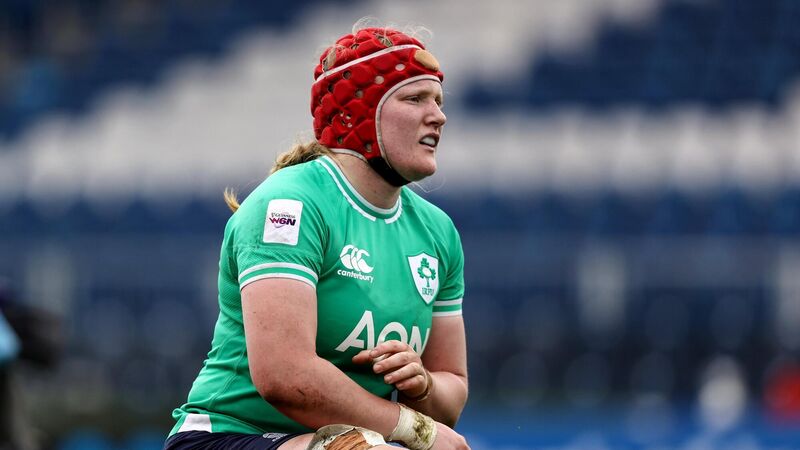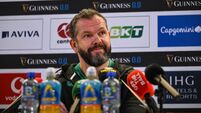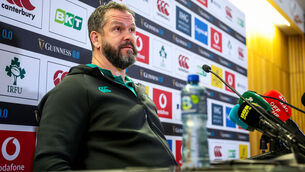Ireland women need more numbers to add up in this Six Nations

NEED MORE NUMBERS: Ireland's Aoife Wafer dejected after the final whistle. Pic: ©INPHO/Ben Brady
For all its romance and the unpredictable beauty, so much in sport comes down to numbers. The bald truth for women’s rugby in Ireland is that too many of them are taking too long to add up.
The national team’s aching six-point loss to Italy in the RDS on Sunday chalked up a sixth straight loss in the Six Nations and the 27 handling errors committed by Scott Bemand’s side spoke loudly for the road that has still to be travelled.











